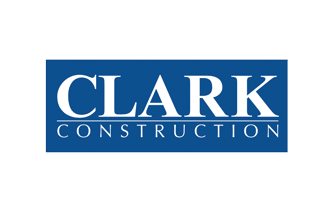Australian Construction Terms

Australian jargon used on residential construction sites is pretty tricky for most people to understand. But it’s important you know what’s being said onsite in order to stay productive and reduce risk. We’ve drawn inspiration from our previous blog post and put together this list of common Aussie construction terms used on residential construction projects for you to learn and carry with you.
15 Aussie construction terms
- Acoustic batts: Sound-insulating material used for noise reduction that’s visually similar to standard thermal insulation batts found in the loft space of Australian homes.
- Baluster: Also called spindle, a baluster is a small post, often in a series, used to support a handrail.
- Bushfire Attack Level (BAL): Indicates the construction requirements for building within a medium threat bushfire-prone area.
- Chippie: The Australian term for a Carpenter.
- Dado: The lower portion of a wall in a room, near waist height, usually with a different or contrasting surface treatment.
- Eaves: The lower portion and edge of a roof that overhangs the walls.

- Fall: Amount of slope on a block.
- Gabled roof: A roof consisting of two sloping surfaces.
- Gyprock: A trade name for plasterboard, used especially to form or line the inner walls of houses.
- Laminate: Often refers to a cabinetry finish, where a layer of plastic is bonded to the particle-board type cabinet or benchtop.
- Proof of Funds (P.O.F): Evidence furnished by the client to the builder that sufficient funds exist to pay the contract sum.
- Root barrier: An engineer-designed method to protect a house slab from roots of nearby trees.
- Scissor truss: A prefabricated boomerang-shaped frame, often made of timber, used to support a roof.
- Smoko: Australian slang for a short break; for example, a cigarette or tea break.
- Sparkie: The Australian term for an Electrician.
If you found this blog post helpful or simply want to understand more common construction terms, take a look at our Construction Terms 101 and 102 blog posts which further decode jobsite language. If you think we’ve missed a term that you want to be included, don't hesitate to message us on Facebook.

 Tara Callinan •
Tara Callinan • 
















